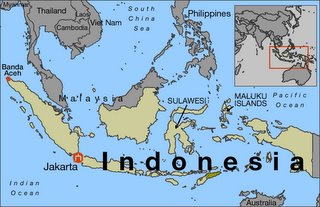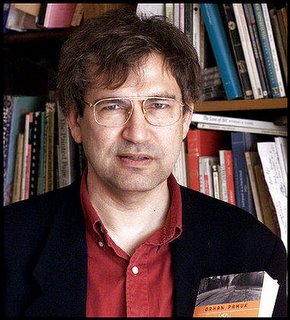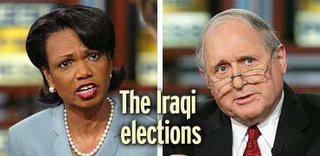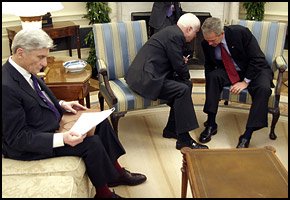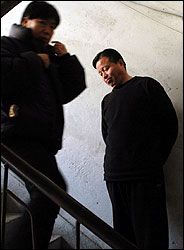Alternative to the U.N.'s Human Rights Commission
From the New York Times, an article about the UN attempting to change the Human Rights Commission:
Officials of the United Nations, which has struggled through a period of scandal and mismanagement, have decided they must act within weeks to produce an alternative to its widely discredited Human Rights Commission to maintain hope of redeeming the United Nations' credibility in 2006. The commission, which is based in Geneva, has been a persistent embarrassment to the United Nations because participation has been open to countries like Cuba, Sudan and Zimbabwe, current members who are themselves accused of gross rights abuses. Libya held the panel's chairmanship in 2003.
"The reason highly abusive governments flock to the commission is to prevent condemnation of themselves and their kind, and most of the time they succeed," said Kenneth Roth, executive director of Human Rights Watch. "If you're a thug, you want to be on the committee that tries to condemn thugs."
Mark Malloch Brown, chief of staff to Secretary General Kofi Annan, noted that with two other crucial steps toward reform in place - a new Peacebuilding Commission to help countries emerging from war, and a biennial budget under an arrangement laying the groundwork for major management change by June - the rights commission had taken center stage.
Click here to read the full article.
--Tom Hayes
